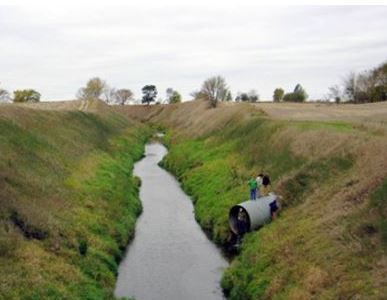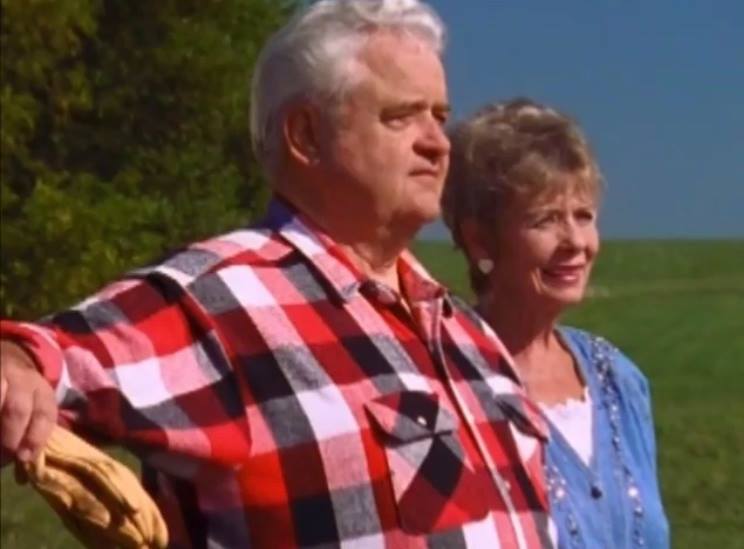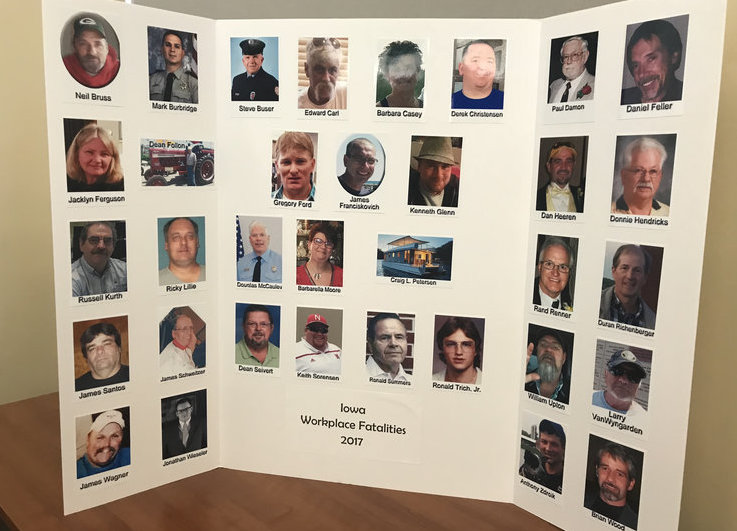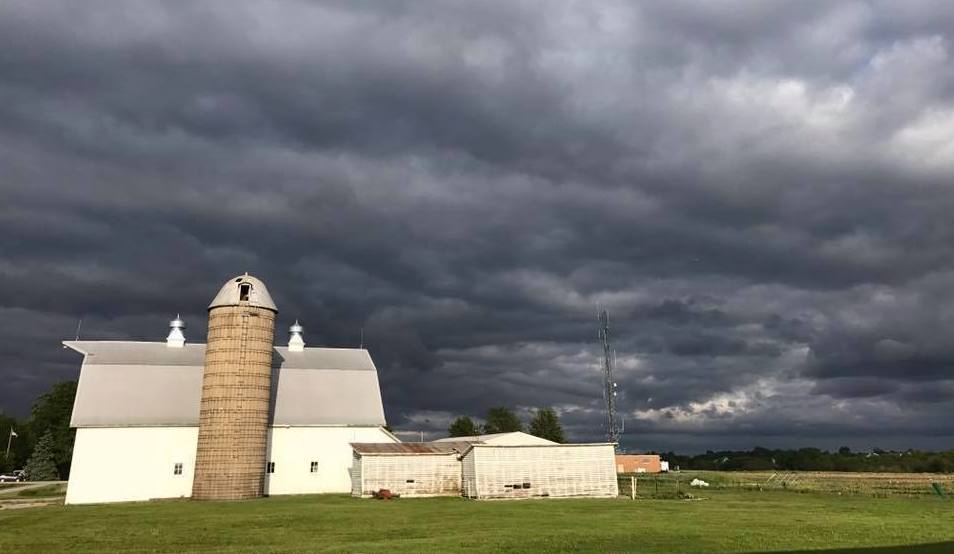Originally posted on The MarkUp. This is the eleventh article in a continuing series by the NRDC Action Fund on the environmental stances of candidates in key races around the country.
Today, we examine Iowa’s 3rd Congressional District, stretching from Des Moines to the Cedar Falls-Waterloo area. The district’s economy is heavily agricultural, but also has a large financial and insurance sector component, with Des Moines referred to as “the Hartford of the West” for that reason. Since 1997, Democrat Leonard Boswell has represented the 3rd congressional district in the U.S. House of Representatives. This year, Boswell is being challenged by Republican State Senator Brad Zaun.
So far in this campaign, Boswell has strongly defended his record and has attacked Zaun for “his opposition to Iowa's biofuels industry, which employs thousands of farmers and factory workers in the state.” For his part, Zaun has attempted to tie Boswell to House Speaker Nancy Pelosi and President Barack Obama, while running a series entitled, “Fourteen Reasons Why We Need a New Congressman.”
On clean energy and environmental issues, Rep. Boswell has an excellent record. In 2009, for instance, Boswell received a near-perfect 93% rating from the League of Conservation Voters (LCV), as well as a 100% rating from Environment America. Boswell voted for the American Clean Energy and Security Act (ACES), an extraordinarily important piece of environmental legislation which the New York Times described as “the first time either house of Congress had approved a bill meant to curb the heat-trapping gases scientists have linked to climate change.” At the time of his vote for ACES, Boswell said that the legislation “would harness the most innovative workforce in the world to create a clean energy future, creating millions of jobs in the process.” Boswell added that “[e]nergy independence is vital to our national security and economic future, and this legislation advances this goal while confronting the serious challenge of climate change.”
For his part, Brad Zaun received a mediocre rating of 42% on the environment from the Iowa Sierra Club in 2009-2010. In this video, Zaun declares, “I question global warming” and claims – incorrectly – that ACES will “cost businesses and all of us that have homes millions of dollars.” In addition, Zaun claims that coal-fired power is far more economical than wind power (certainly not true if you count environmental and other “externalities”), brags that he’s being “compared to this one lady that says ‘drill, baby, drill,’” and argues that “we need to take advantage of our resources.” On his website under “Energy and Natural Resources,” Zaun argues that America “must increase domestic oil and gas supply by exploring and utilizing more of the energy resources we have at home.” Message to Brad Zaun: we saw the results of that approach in the Gulf of Mexico this past summer!
On the other hand, Zaun has not joined most of his fellow Republican candidates this year and signed the Americans for Prosperity “No Climate Tax Pledge.” Zaun also advocates “exploring alternative sources of energy…including nuclear, wind, solar and other alternative energies.” And, Zaun says, “We must be careful stewards of all of our precious natural resources by always avoiding strategies which unnecessarily damage our landscape or environment or pose health risks to our citizens.” That’s all well and good. But advocating for coal-fired power, “drill, baby, drill,” and global warming skepticism is a very funny way to accomplish those goals.
The NRDC Action Fund believes that it is important for the public in general, and the voters of specific Congressional districts, be aware of this information as they weigh their choices for November.








